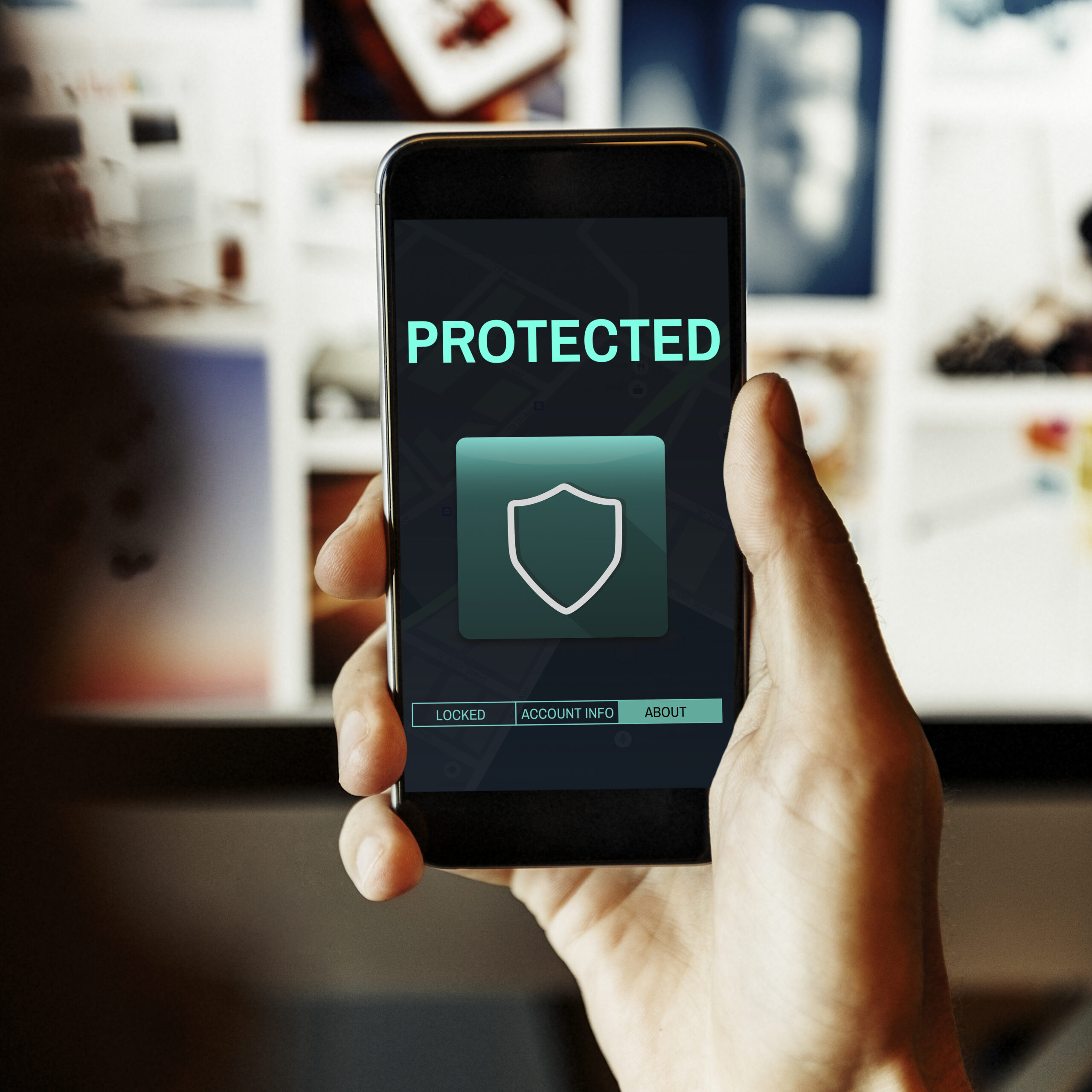7 Expert Tips for Staying Safe Online & Avoiding Financial Scams

As hackers continue to expand their digital bag of tricks, avoiding financial scams and identity theft has become mission critical.
According to the Federal Trade Commission, more than 2.1 million fraud incidents were reported in 2020, with consumers suffering upwards of $3.3 billion in losses. Those crimes nearly doubled year-over-year after people lost $1.8 billion in 2019. With regard to avoiding financial scams, nearly $1.2 billion was stolen through imposter schemes, and another $246 million resulted from identity theft linked to online shopping. That’s why internet users need to take heightened measures to protect themselves from slippery cybercriminals. These are 7 expert suggestions about avoiding financial scams and identity theft.
1: Keep Personal Identity Information Off The Internet
It may come as something of a surprise, but too many people set themselves up for identity theft. By putting key information across a series of social media, professional, and e-commerce platforms, internet users are handing digital thieves’ pieces to an identity theft puzzle. For example, numerous social media profiles include birthdays. Friends and family members post well-wishing remarks that highlight the date. Your birthday, address, high school, job, and other personal information can be used to develop an identity theft profile. Remove true information about yourself from online platforms.
2: Don’t Fall For Phishing Schemes
A stunning 3 billion phishing scheme emails hit inboxes every day. Hackers like to cast a wide net and see who clicks on a malicious link or downloads a malware file. Once someone makes a misstep, cybercriminals can pilfer off the sensitive data in the device. This may include bank accounts, credit card numbers, or other information used for identity theft. Perhaps the best way to avoid giving hackers access to your personal information is to only open emails from reliable sources. If the electronic message is unfamiliar or the language appears grammatically incorrect, delete it.
3: Recognize Dual Threat Financial Schemes
The vast majority of digital thieves use relatively simple methods such as bulk email. But occasionally, a highly skilled criminal will target a specific individual. One of the ways such bad actors succeed is by deploying an urgent email followed by a phone call. This sophisticated attack may push an electronic message about a family member needing money immediately. The con artist usually knows your name and that of a loved one. Multiple messaging and the individual’s knowledge can prompt even cautious people to act impetuously. Avoiding financial scams such as these tasks people with taking a breath and verifying the facts.
4: Change Passwords Every 2-3 Months
Although internet users are typically aware that password protections are important, changing them regularly falls through the cracks. That’s largely because the average internet user now has upwards of 80 passwords. Reducing the number of underused accounts can minimize the seemingly Herculean effort it takes to change them. If not, responsible internet usage requires complex passwords and regular updates. The alternative is opening the door to identity theft and financial scams.
5: Practice Secure Online Shopping
It’s essential to vet any online platforms before typing in credit card or banking information. Cybercriminals sometimes create spoof websites and lure people to unwittingly make phony purchases. One of the expert tips that internet users may not know involves the URL field. The site name should always begin with “https” and not just “http.” It should also have a padlock icon that indicates the platform employs secure encryption.
6: Use A VPN When Not At Home
Business owners generally provide customers with free access to Wi-Fi. Although this is a nice way to welcome customers, hackers can take advantage of public internet. Rather than conduct online shopping or banking using open Wi-Fi, consider working with a virtual private network (VPN). This allows internet users to remain out of a hacker’s crosshairs.
7: Don’t Make Online Donations
Cybercriminals often take advantage of good-natured people by appealing to their emotions. They target people who want to help others by making donations to non-profit organizations. Avoiding financial scams linked to charitable giving begins with adopting personal safeguards about the way you move money around. Rather than take out a credit or debit card and complete an online transaction, write a check and send it via snail mail. The donation will arrive within a few days and your financial information won’t be unnecessarily exposed.
For additional information on how you can connect with confidence and navigate safely, check out our safeguards and alerts page.
Return to Blog